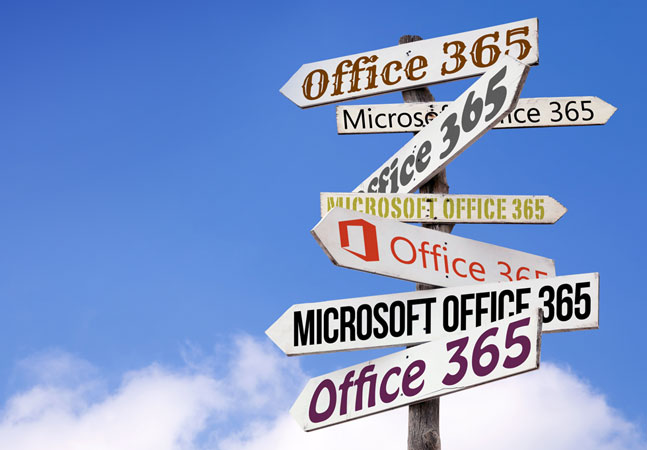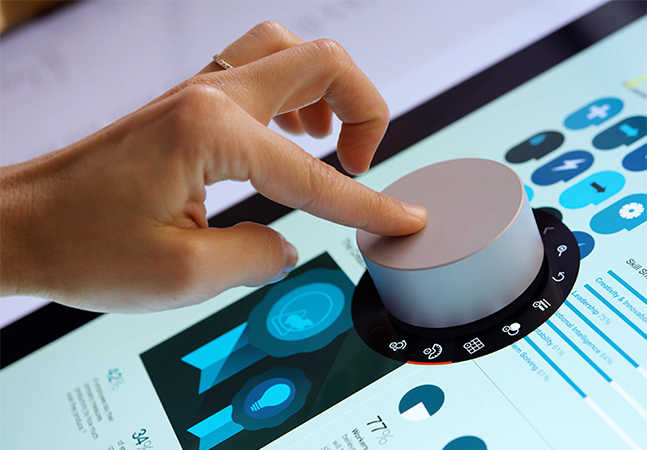
Instead of twiddling your thumbs as you wait for a long-running script to complete, you can have PowerShell play a sound to alert you when it's done.

Bash is fairly easy to install, but using it is another matter. Here are some commands to help IT pros dip their toes in Bash.

Whether you like Apple or not, this is an important step in Microsoft's effort to solidify Office and Office 365 as industry standards.

Brien walks through the steps of troubleshooting a (very) slow Windows 10 virtual machine. Hint: Disable your virtual memory at your own risk.

Initially underwhelmed by Microsoft's project management app, Brien sees what it can do in a real-world scenario.

You don't need to buy a Microsoft Surface Studio to get the most out of the flashy-looking peripheral.

Here are three Windows 10 features that are more like bugs, and one suggestion for a feature that might not have occurred to Microsoft yet.

According to Brien's take on the Microsoft tea leaves, the year ahead should bode well for Hyper-V and Azure customers. On the other hand, Windows 10 S users may want to brace themselves.

For those new to the field of quantum computing, here's an overview of what this emerging tech can do.

Microsoft's investments into this emerging technology made some big waves this year.

From AI becoming more mature to Microsoft's augmented reality advances, Brien's predictions from the start of this year were right on the money.

The constant stream of new features and updates is great, but keeping track of all the changes can be a serious headache. Luckily, Microsoft isn't leaving its customers to figure it out alone.

While the hardware might not have changed much since last year, the experience has definitely been improved.

With help from the Microsoft Office Services Sign-In Assistant, you can delay or pause synchronizations in Office 365.

While the app has potential to be a great way to keep on top of tasks, it needs some improvements.